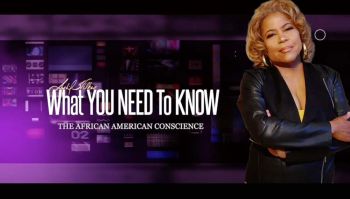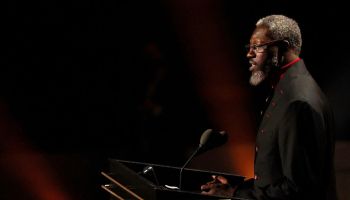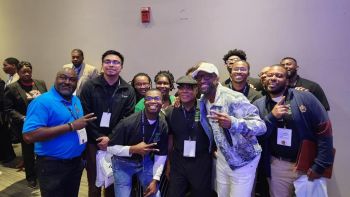Do you think you look perfect, or is there room for improvement?
As Debra Beasley approached her 57th birthday, she believed that her face was starting to look “a little haggard.” She needed a boost, something to rejuvenate not just her face, but her spirit, she says.
Beasley, of Farmville, Va., finally spoke to her longtime dermatologist, Dr. Yvonne Knight, about her concerns. Although she was nervous about undergoing cosmetic procedures, it wasn’t for a lack of faith in Knight, Beasley stressed. Rather, her concern was how her actions might be perceived
“I didn’t want people to think I was conceited,” said Beasley, a fair-skinned African-American professional who takes pride in her appearance. “Once I got over that first visit, I started to feel better.” So far Beasley has had Botox, Thermage and microdermabrasion treatments for her face
Beasley’s story isn’t unusual, suggests Dr. Knight, who has run a dermatology practice for more than 30 years in Richmond, and Dr. Pollard, a plastic surgeon in Bala Cynwyd, Pa. Improved technology, less stigma and a desire to look and feel their best are why more black women like Beasley are contributing to the $11.8 billion cosmetic procedure business.
More popular procedures include less invasive facial enhancements and dermatologic surgeries such as Botox, injectable fillers and chemical peels (dermabrasion), and more invasive surgeries such as liposuction, nose-reshaping and breast reductions. Insurance rarely covers the costs of such procedures.
In 2002 – 375, 025 African Americans reported having cosmetic surgeries. Six years later in 2008, that number nearly tripled as 907,141 African-Americans had cosmetic or plastic surgery procedures, according to the American Society of Plastic Surgeons.
Women account for the majority of cosmetic procedures, but more men are opting for plastic surgery and other enhancements to lift droopy necks, excise excess body fat, and pin back protruding ears.
Thanks to advancements in techniques, surgeries that once required a hospital stay are now done on an outpatient basis, with less time needed for recovery. Surgeons say this appeals to men who don’t like the idea of taking lots of time off for an elective procedure.
The increase among African-Americans who have cosmetic surgery doesn’t surprise Dr. Emily Pollard, who has been a plastic surgeon for 18 years. “I’ve found that every age group looks at themselves and say, ‘I would like to improve how I look’,” she said. “It has become more mainstream and there is no longer a stigma attached to it. There are so many good examples of natural looking procedures.”
Pollard said body contouring, breast lifts and eyelid surgeries are sought most by African-American women.
Dr. Knight, a Richmond, Va. board certified dermatologist cautions patients to have realistic expectations about cosmetic procedures.
“Women in their 40s add on Botox treatments to quiet exaggerated muscle movements and deep wrinkling of the face, while women in their 50s will also take advantage of fillers for furrows like smile lines,” she said. “Also, the entire spectrum of ages takes advantage of Thermage to tighten, firm, treat and prevent loosening skin. Sunken areas of the face and falling cheeks are some of the newer techniques for healthy women with thin bodies but with faces that are too thin.”
Knight’s patient, Debra Beasley, whose first procedure was Thermage, a skin tightening technique that uses radio-frequency technology to tighten the skin, fillers around her nose and Botox.
“I love it,” she says. “So many black women are reluctant to take advantage of resources that can really help us. I’m glad I did.”
“Men are figuring out what women have long known—that appearance really does matter,” says David Sarwer, an associate professor at the University of Pennsylvania who conducts research on the psychological aspects of cosmetic and reconstructive surgery.














